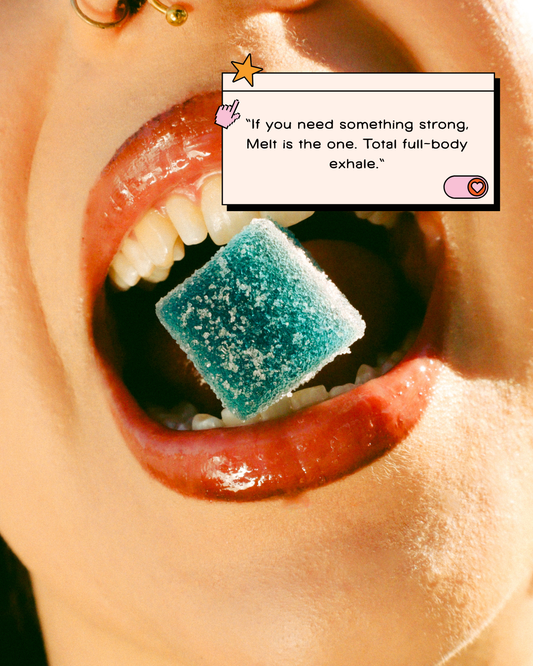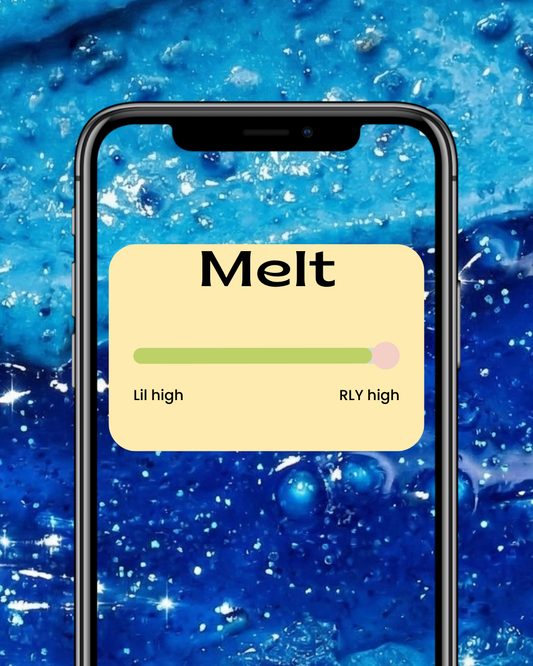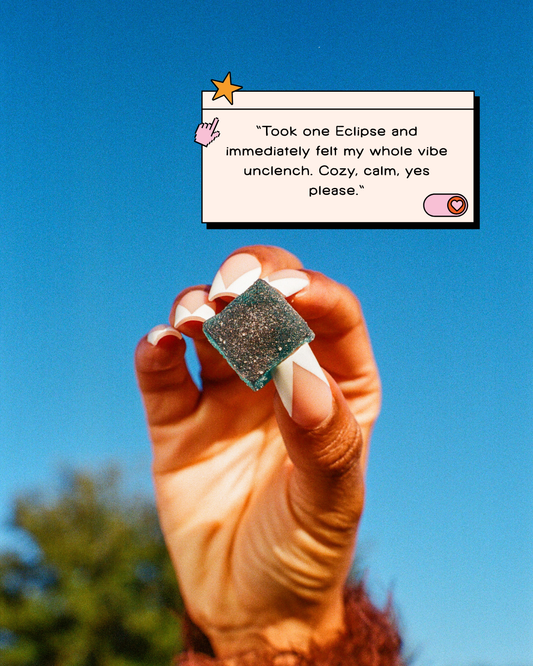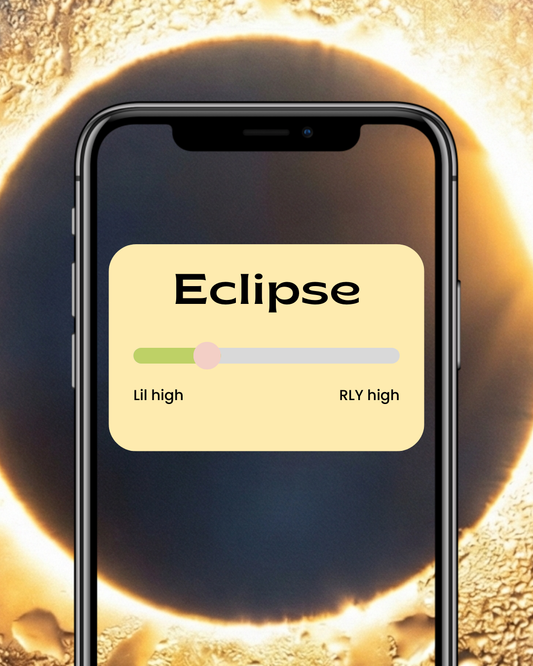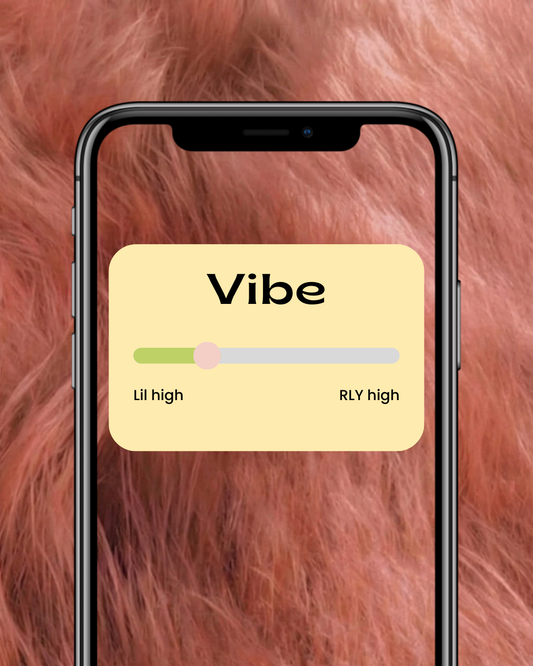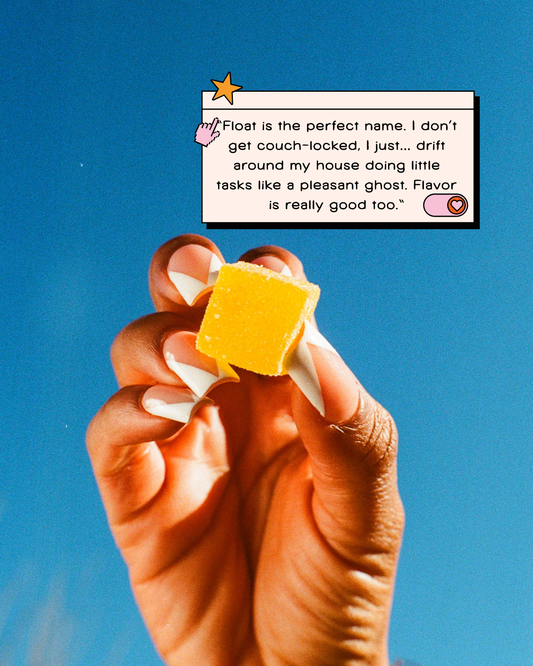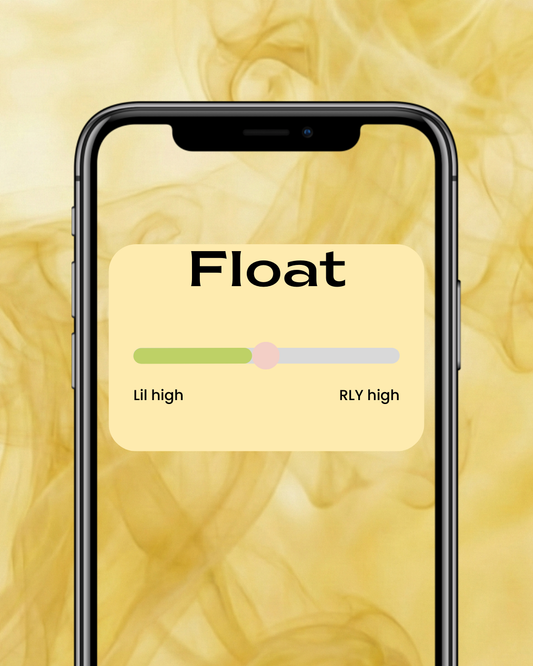The cannabis world is full of legal loopholes, and THCA (tetrahydrocannabinolic acid) is one of the biggest. You may have noticed THCA-rich products being sold legally, even in places where THC is restricted or prohibited. But how is that possible? And why is THCA considered legal while THC is not? Let’s break it down.

THCA vs. THC: Understanding the Difference
The key to understanding THCA’s legality lies in its chemical structure and how it differs from THC:
-
THCA (Tetrahydrocannabinolic Acid) – The non-psychoactive, raw form of THC found in fresh cannabis and hemp plants.
-
THC (Tetrahydrocannabinol) – The psychoactive compound responsible for the "high" from cannabis, created when THCA is heated through smoking, vaping, or cooking.
Since THCA is not psychoactive on its own, it is often treated differently under the law compared to THC. But there’s a catch…
Why Is THCA Legal Under the 2018 Farm Bill?
The 2018 Farm Bill federally legalized hemp-derived products as long as they contain less than 0.3% Delta-9 THC by dry weight. Since THCA itself is not THC, some manufacturers and sellers argue that hemp-derived THCA products are technically legal, as long as they don’t exceed this THC threshold.
In other words: THCA isn’t classified as THC until it’s heated—so in its raw form, it slips through the cracks of federal cannabis laws.
The Legal Gray Area: Can THCA Be Restricted?
While THCA appears legal under federal law, individual states have their own cannabis and hemp regulations, which means:
-
Some states explicitly ban THCA products due to their potential to convert into THC.
-
Other states allow THCA hemp products as long as they meet federal guidelines.
-
Law enforcement and regulatory agencies may still view high-THCA hemp products as a legal loophole, leading to crackdowns in certain areas.
This creates a murky legal situation where THCA’s status depends heavily on local interpretation of hemp laws.
Does THCA Convert to THC? Why That Matters Legally
One of the biggest debates around THCA’s legality is its ability to convert into THC when exposed to heat (a process called decarboxylation). Lawmakers and regulators are concerned that THCA products can be easily transformed into THC-containing products, making them functionally identical to cannabis in practical use.
Some states have closed this loophole by enforcing "Total THC" laws, which measure both THCA and THC content together—effectively banning high-THCA hemp products.
Is It Legal to Buy and Possess THCA?
The answer? It depends on where you live. While many hemp retailers legally sell THCA products online, it’s crucial to check your state’s cannabis and hemp regulations to ensure compliance.
Tips for Staying Legally Safe with THCA
✔️ Check your state laws before purchasing or using THCA products.
✔️ Buy from reputable sources that provide third-party lab testing to verify legal THC limits.
✔️ Be aware of “Total THC” calculations, which some states use to classify THCA as THC.
✔️ Understand that THCA flower or concentrates may be scrutinized depending on where you are.
Final Thoughts: The Future of THCA Legality
As cannabis laws continue to evolve, THCA’s legal status could change. Some states may tighten restrictions, while others may allow it under hemp regulations. For now, THCA exists in a legal gray area, making it widely available in some places and heavily restricted in others.
If you’re interested in hemp-derived cannabis products, staying informed about the latest THCA laws is key. Keep an eye on state regulations and federal policy changes to ensure you’re always in the clear.
✨ Want to stay updated on the latest cannabis laws and hemp products? Keep following us for more insights! ✨


